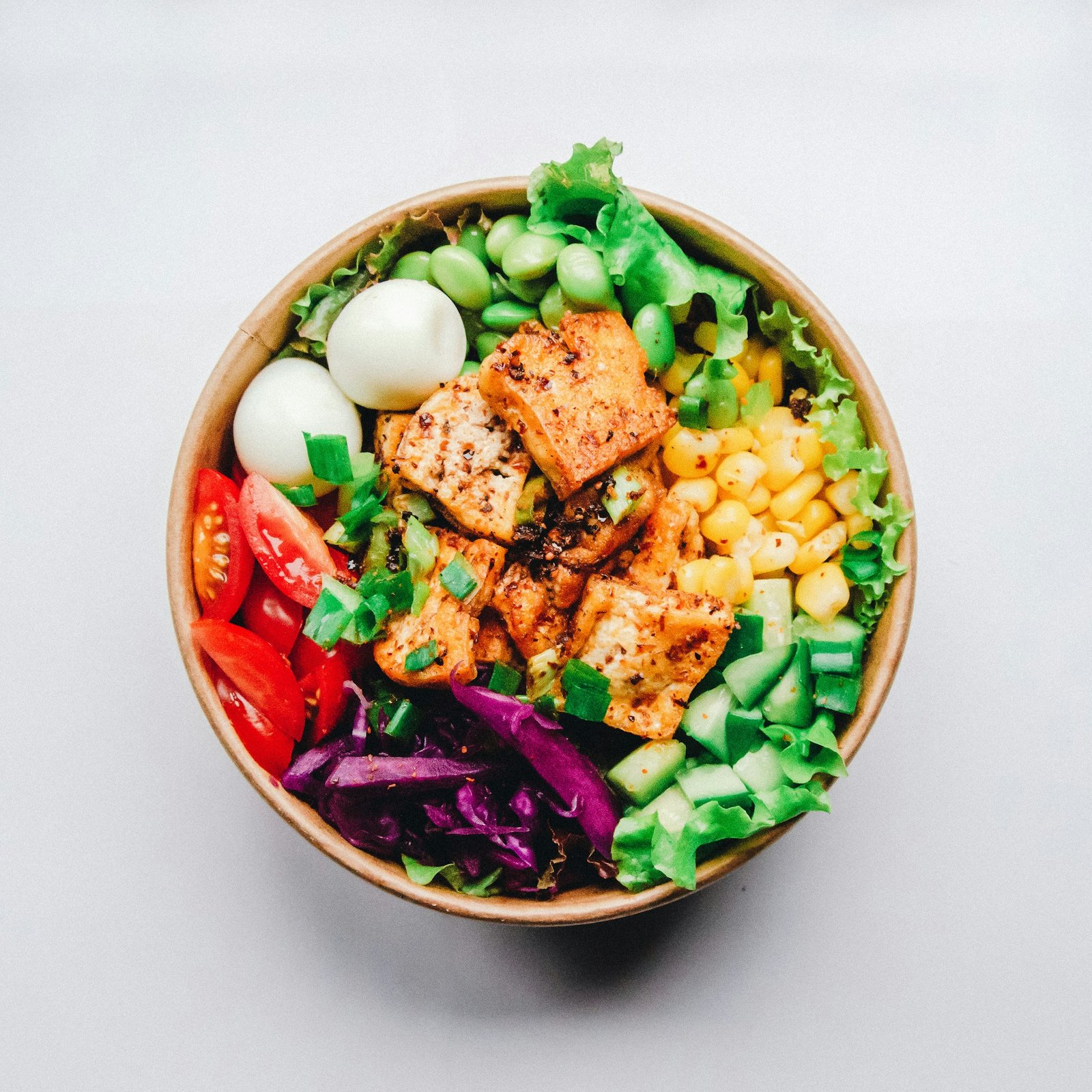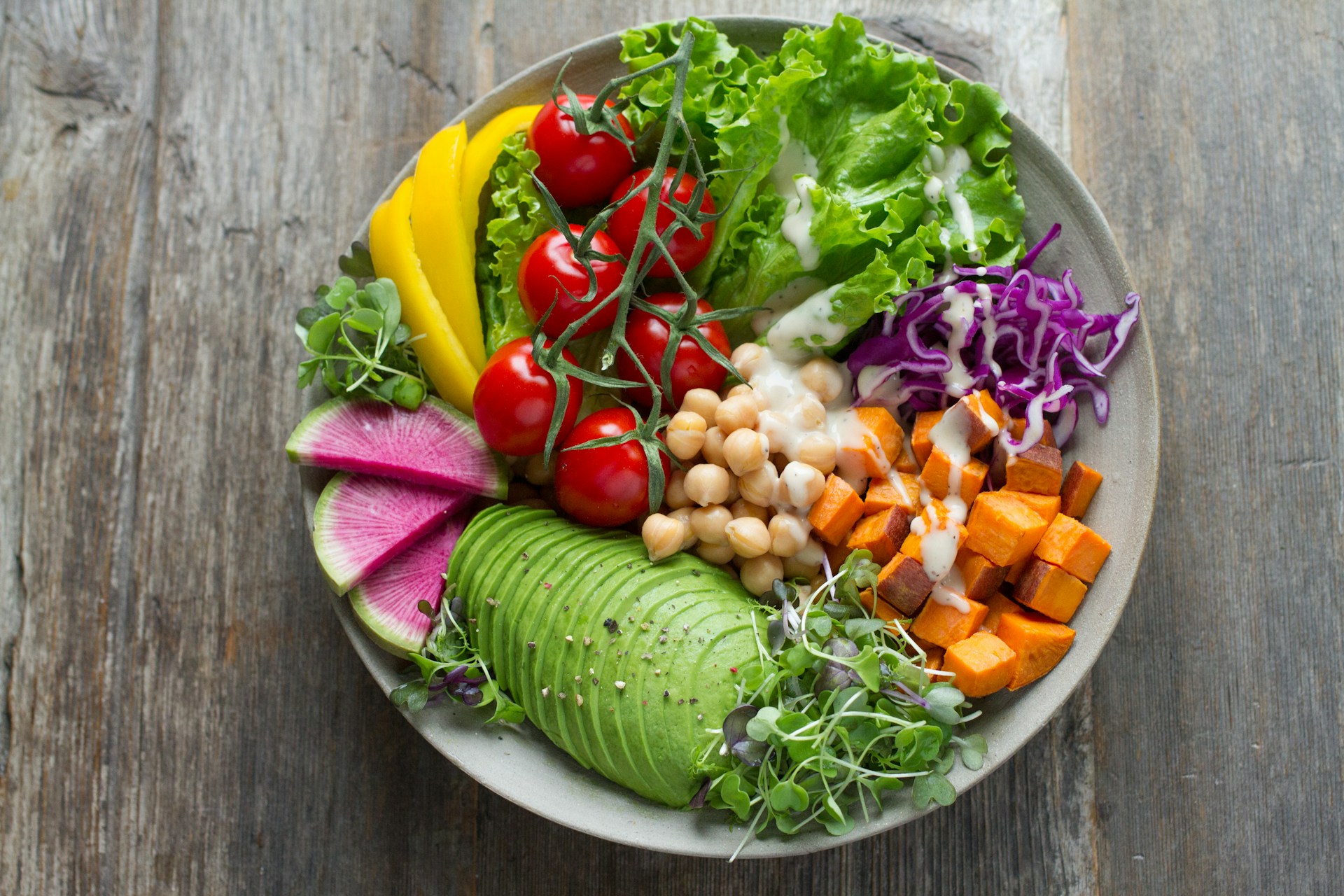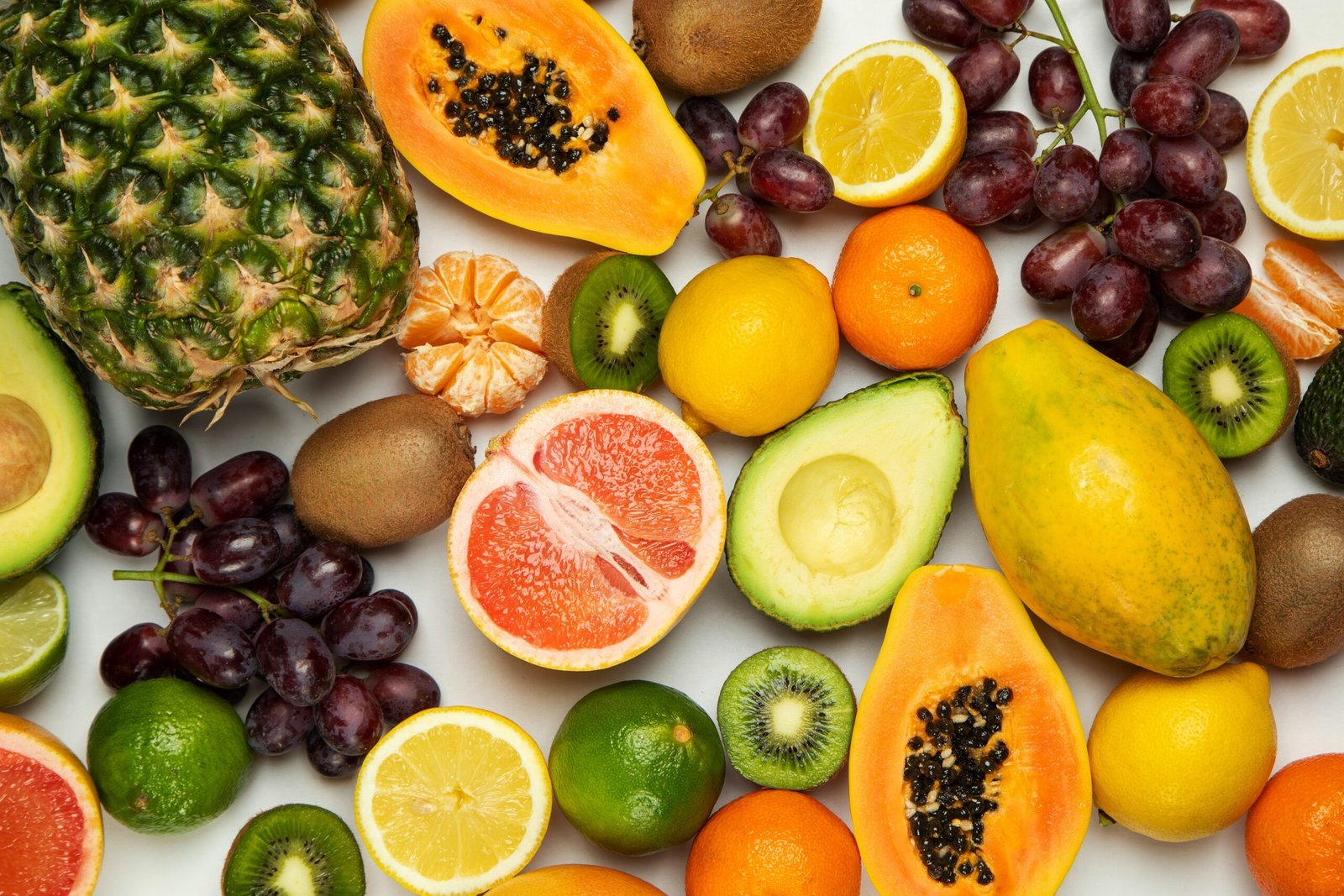There is a lot of information and misinformation about the types of food you should add to your diet.
Some of these are referred to as superfoods with unrealistic and unattainable benefits, while others are labeled as the best foods for specific diets, for people looking for specific results, or for people who want specific benefits. With all this confusion, how do you know which foods are good for you? Here are the top 5 foods you should add to your diet.
Fish
Fish has several benefits that have made us include it on this list. First, it is a great source of protein and thus an excellent substitute for red meat, which increases your risk of certain conditions like cancer, heart disease, and stroke.
Second, fish has an abundance of omega-3 fatty acids that improve cognitive health. Eating fish regularly can also slow down the progression of Alzheimer’s and similar cognitive conditions.

Kale
Many people do not like leafy, green vegetables perhaps because of how they look, taste, or their texture. However, leafy green vegetables like kale are full of antioxidants that can help lower your cholesterol levels.
If you want to incorporate kale into your meals, chop it up and add it to a salad or fry it with some garlic, onion, and your favorite seasoning.
Peanut Butter
One of the most fascinating things about peanut butter is how many types of nutrients it contains. It has healthy sugars, carbs, and proteins. It is also great for recovery for those who exercise, can be incorporated into many meals in different ways, and is a tasty snack for the kids.
Water
Most people do not drink nearly enough water. Whether you classify it as a food or drink, your body needs enough water for various bodily functions. You also need to replace the water you lose throughout the day even when you are not exercising and it is important for the proper functioning of various body organs, most importantly the liver and kidneys.
There is a lot of debate on how much water you should drink in a day, but the consensus comes to around eight to twelve glasses per day.
Whole grains
Whole grains are a good source of fiber, important for your gastrointestinal health, and proteins. Eat some whole grains two to three times a day, but you can skip some days if you are getting enough fiber from other foods.
The best whole grains are amaranth, barley, oatmeal, quinoa, wheat, and rye. Some of these grains might not be available in your areas, so it is fine to substitute with what you can get.
Health Plans
A comprehensive health plan can help you overcome your health challenges and improve your overall well-being. If you’re an employer, you can lower the overall cost of your health plan with targeted product catalogs that reward employees for making healthy choices.
Incorporating healthier options and foods with specific benefits into your diet is a great way of improving your health. It is also a great way of protecting yourself from many diseases and conditions associated with a poor diet. Consider incorporating the options discussed as they have numerous health benefits.






